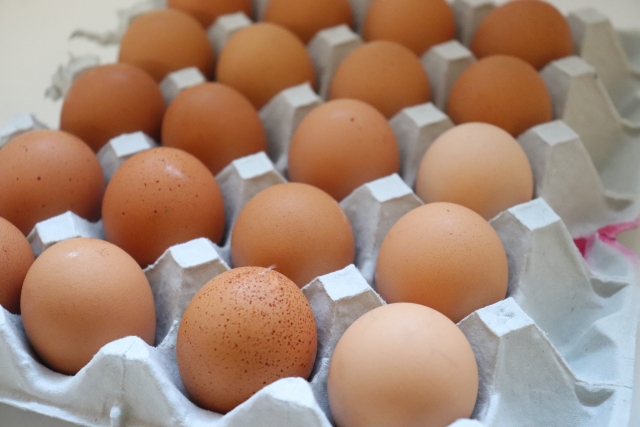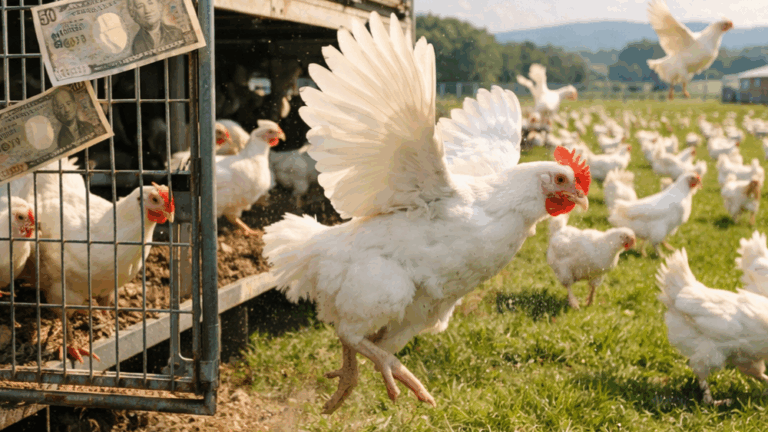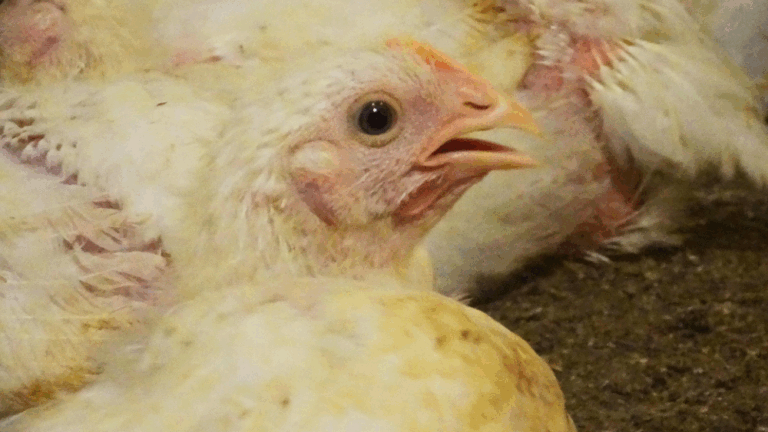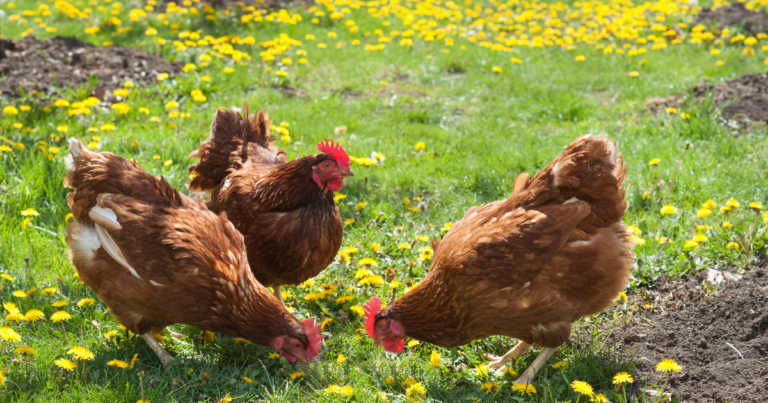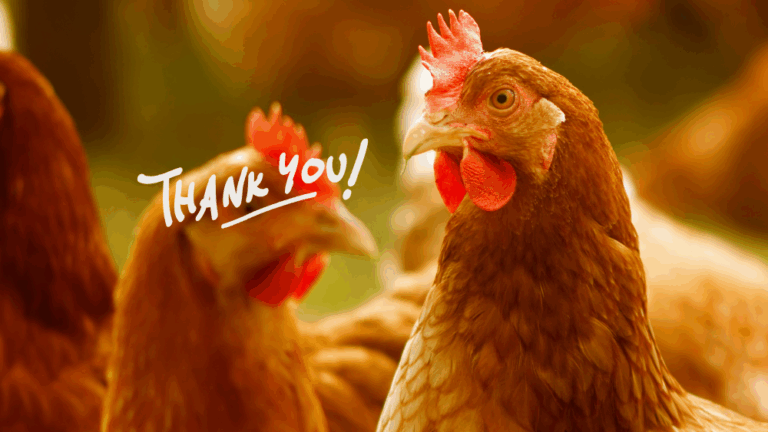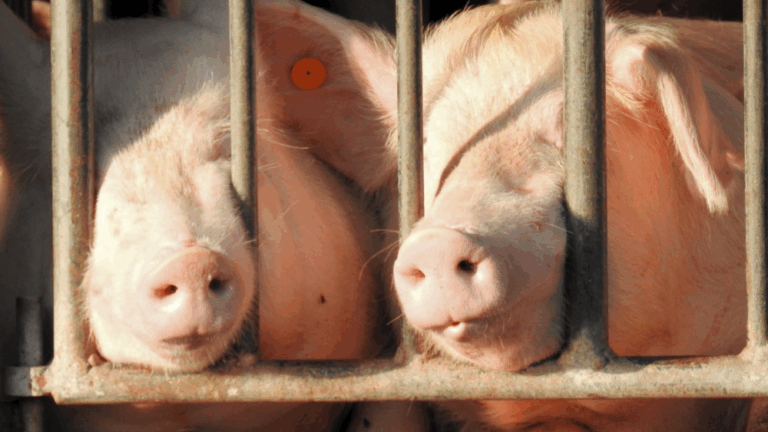Amid the COVID-19 pandemic, consumer demand for cage-free eggs has increasing. Looking at the sales trends of other products, it can be inferred that consumer psychology has an impact. The psychology of consumers is that they want to eat something good at home because they can’t go anywhere, or they want to take in something good for their body to build their immunity.
During the COVID-19 pandemic, when people could hardly go out for shopping, food delivery businesses such as Co-op grew significantly. Last year, demand of cage-free eggs at Co-ops throughout Japan
increased by more than 100% over the previous year. (The demand has become twice as much as the previous year.)
The share of cage-free eggs in total eggs ordered at Co-ops increased by 2 to more than 10%. As these figures are derived on the basis of Co-ops handling cage-free eggs, it should be adjusted to 3-5% on average, when the Co-ops handling only caged eggs are taken into consideration. As the demand of eggs is not expanding throughout Japan, the trend observed here should be applicable also to the market throughout Japan. As the demand of eggs is not expanding throughout Japan, the trend observed here should be applicable also to the market throughout Japan. Therefore, Japanese consumers’ behaviors of switching to cage-free eggs were increased up to 3-5% nationwide.
On the other hand, Co-op’s supply capacity of cage-free eggs is limited to the levels slightly lower than demands or is in the process of catching up with demands. This is because Co-op’s business is based on “make-to-order,” not “make-to-stock,” and has strict safety regulations of its own, which inevitably limits the number of suppliers that can provide satisfactory products. Note that supply of cage-free eggs by Co-ops is expected to increase stepwise, not gradually, as the shift from caged eggs to cage-free eggs occurs at one time in a whole poultry house.
Meanwhile, in the supermarkets of the city has changed, those who had not sold cage-free eggs started sell them or changed their package size from 6 eggs to 10 eggs. Before the COVID-19 pandemic, cage-free eggs were often sold out to our regret when we went to supermarkets. But thanks to the spread of the efficient stock management system, now, such occasions are being decreased. They can control replenishing stocks directly from point of sales (POS) registers.
It is often said that empathetic stories are indispensable when consumers accept new commodities. When it comes to Co-ops, such stories would be derived with heartwarming letters from them, while in supermarkets they would be derived from point of purchase messages or impressive packages of the commodities. In order to promote cage-free eggs, it is effective for consumers to request co-ops and supermarkets to strengthen advertising and improve the image of packages.
The rate of increase in cage-free eggs for each Co-op is based on non-public information. If you are interested in the details, please contact us directly.
※100percent increase from previous year = same number increase from previous year to double sale
Translated By: A.Kimura


